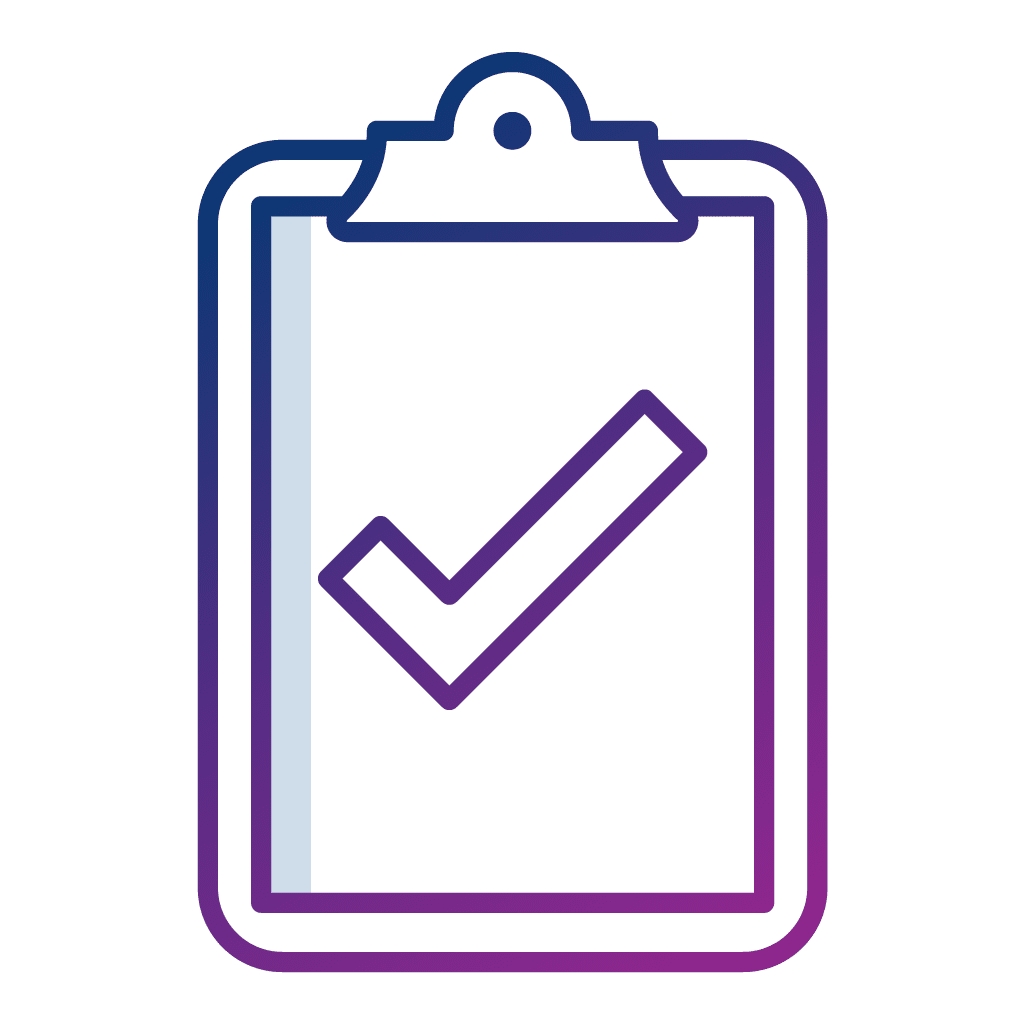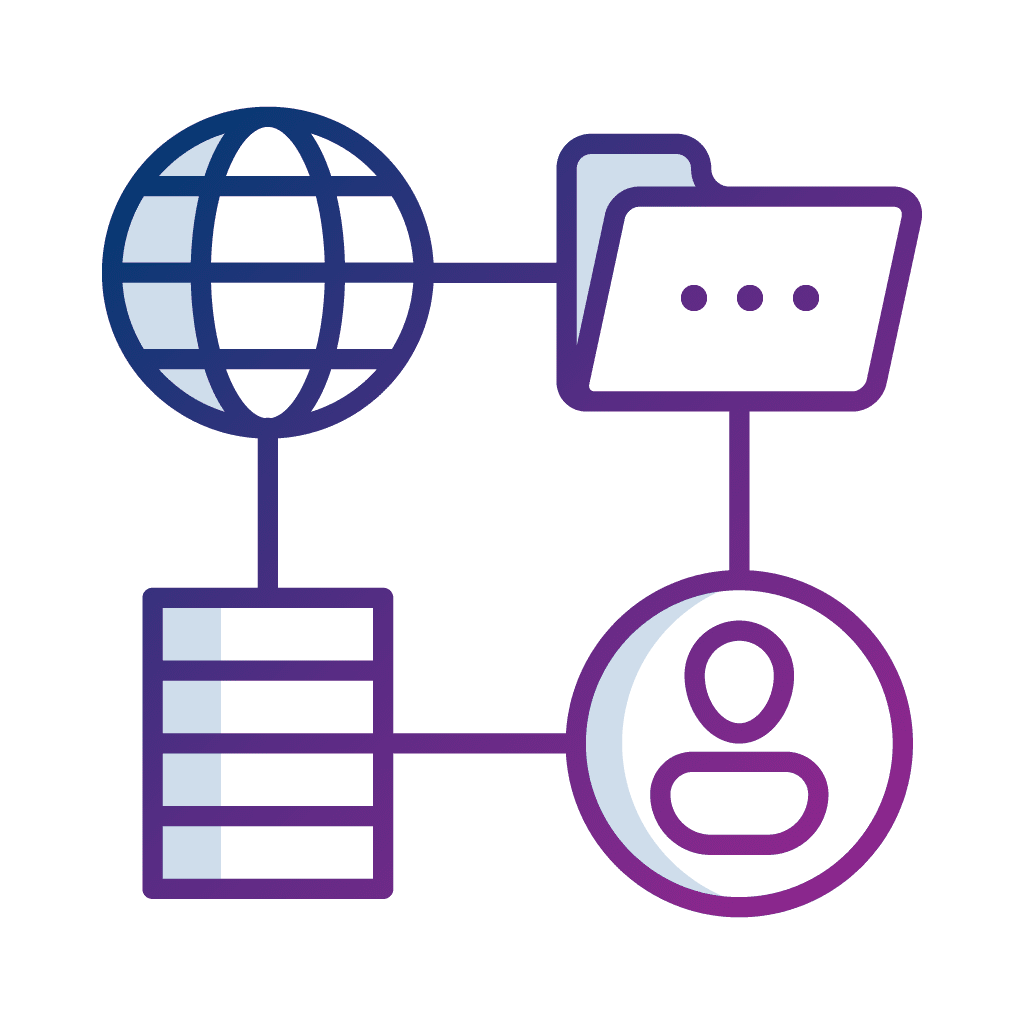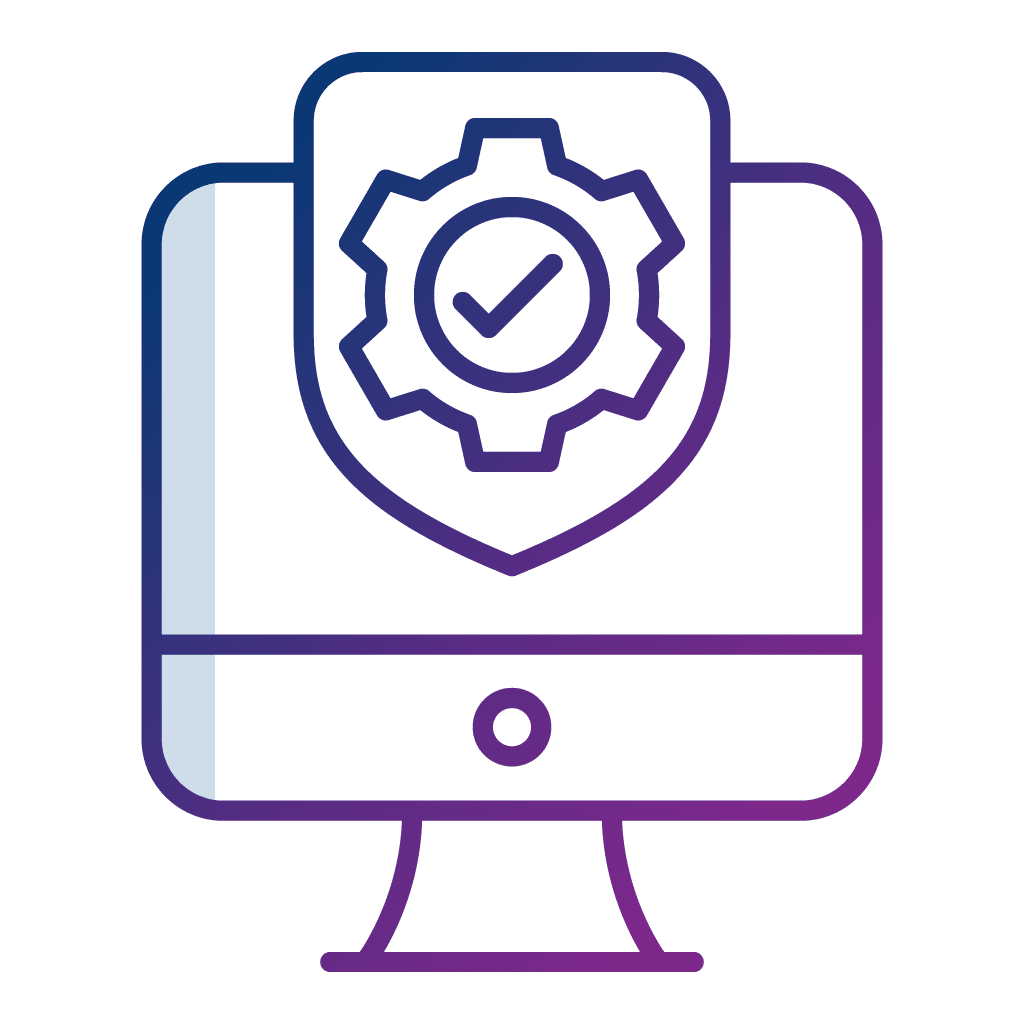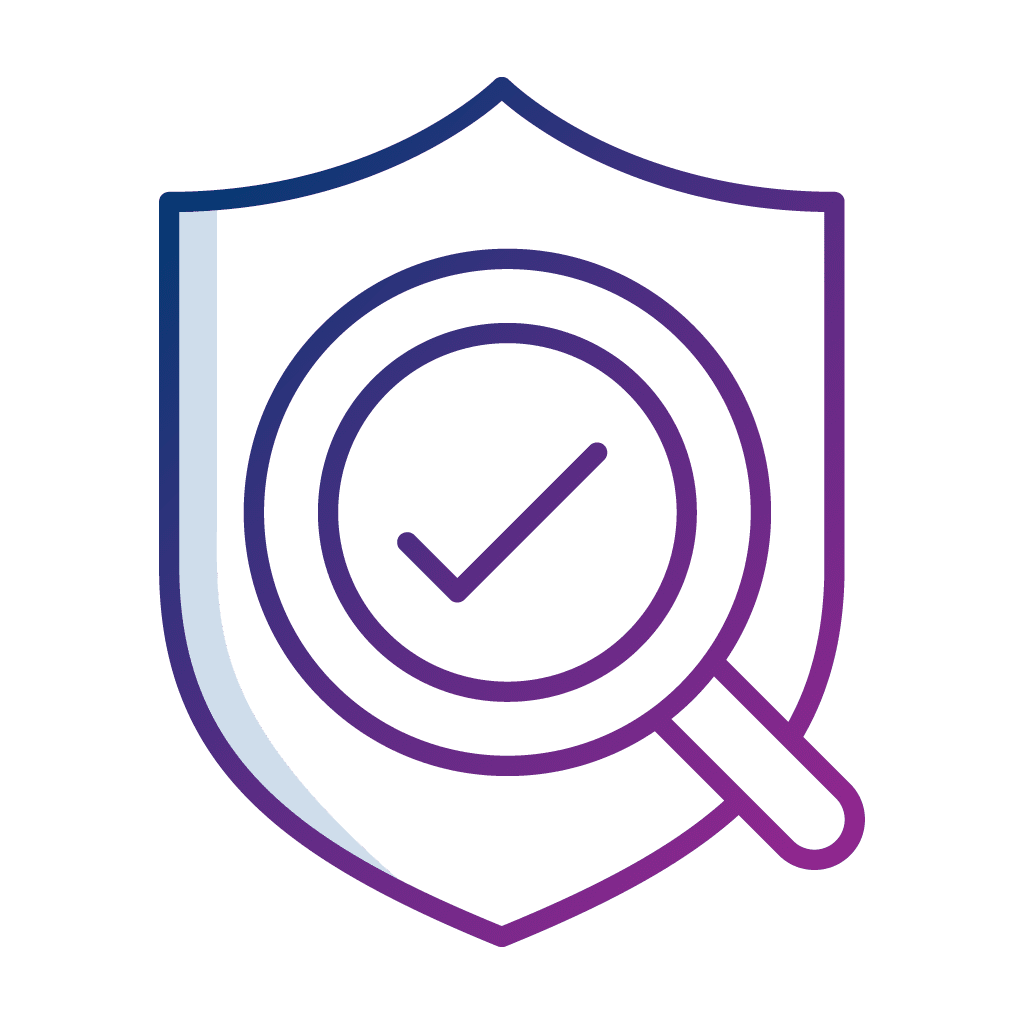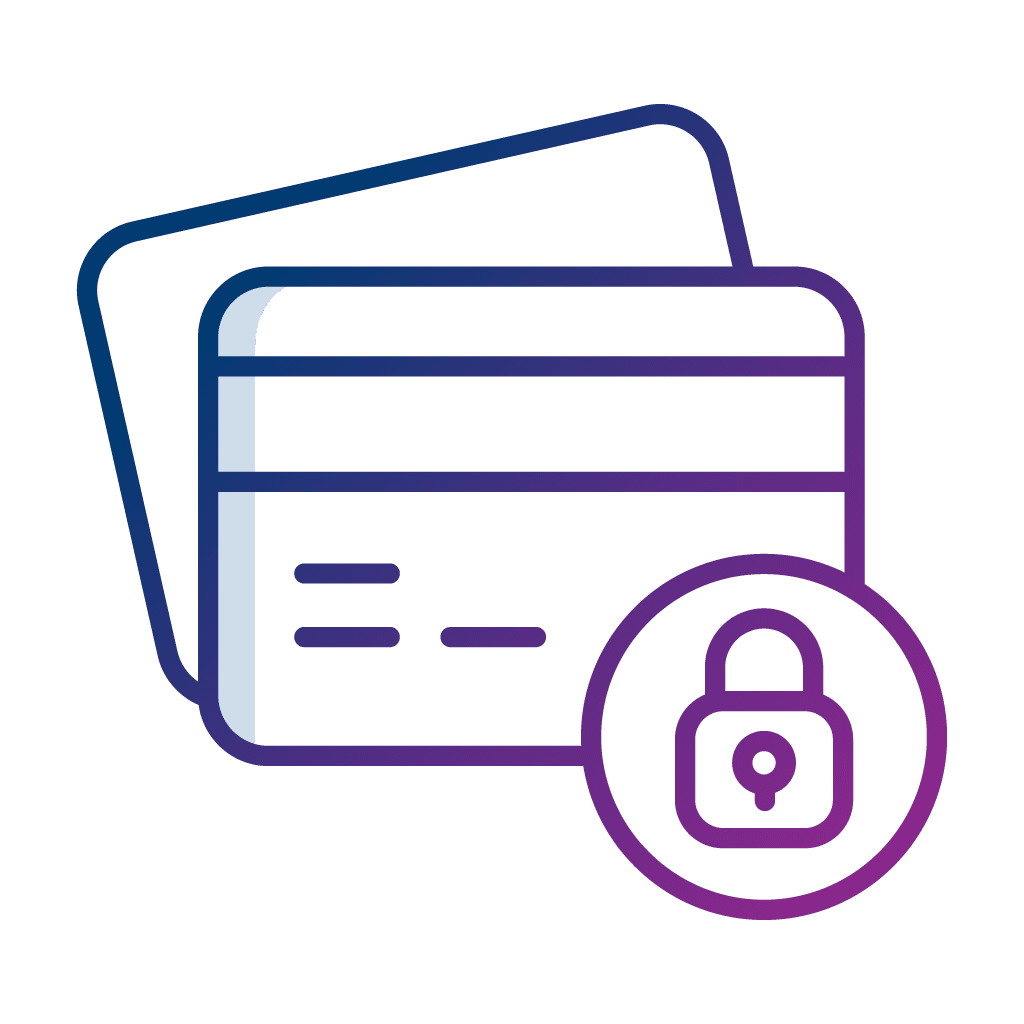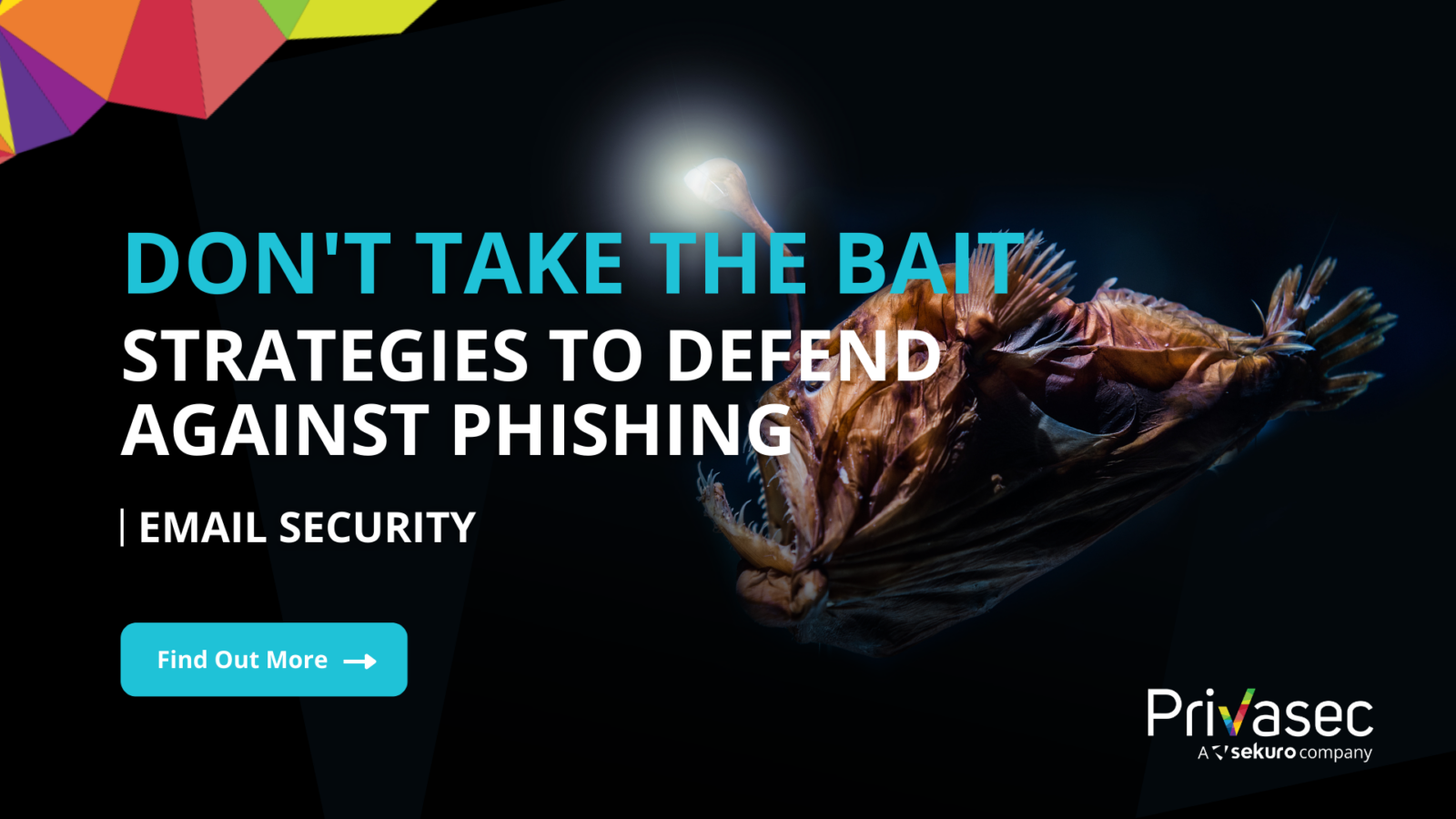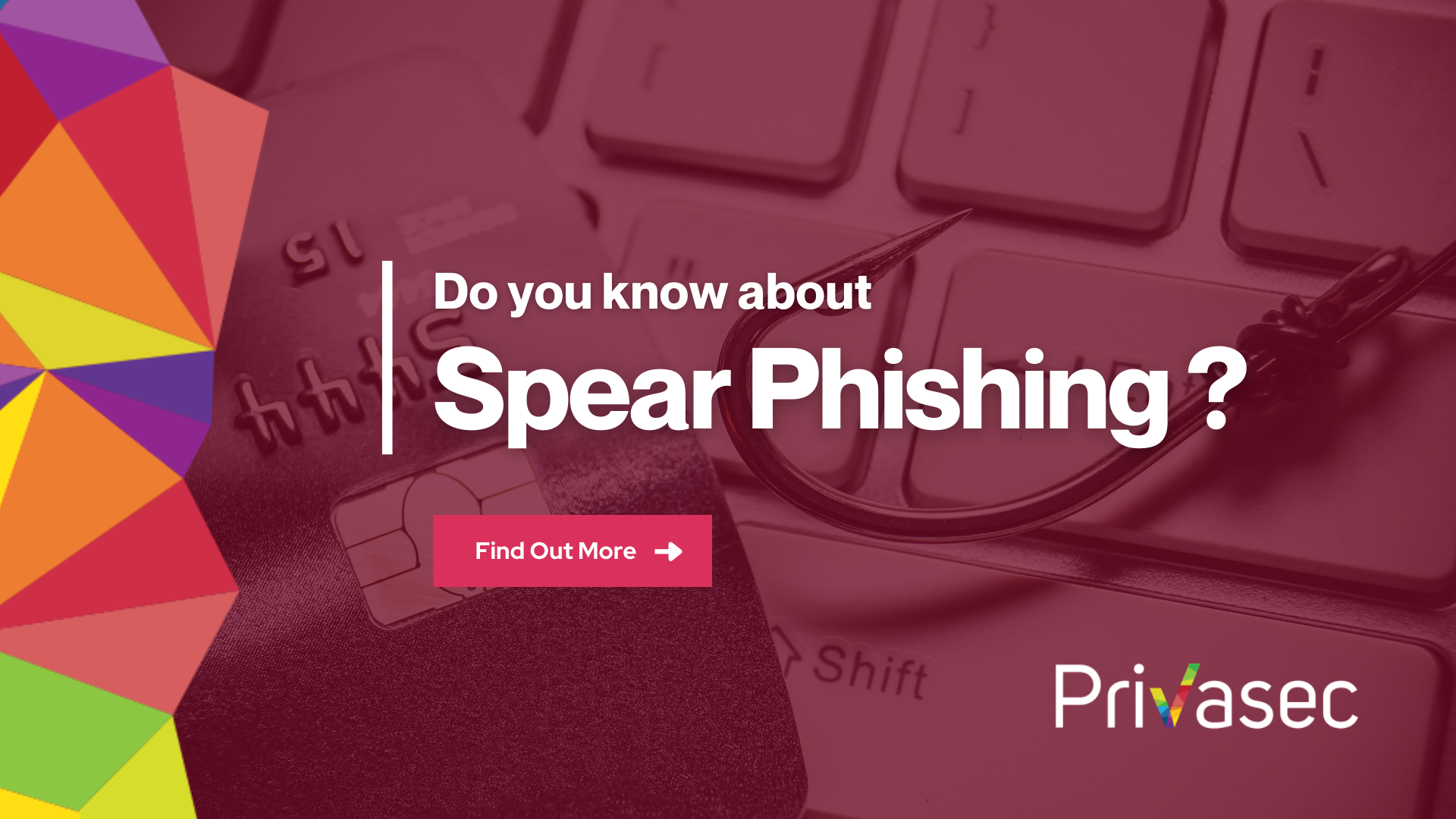In the modern digital landscape, email has become the backbone of communication for businesses worldwide. As the hub for sharing sensitive information, discussing critical matters, and conducting daily operations, protecting email systems from unauthorised access, data breaches, and cyber threats is essential to safeguard your organisation’s assets and reputation.
Threat actors target email because it is an easy entry point to other accounts and devices. Constantly evolving and seeking new avenues to infiltrate organisations, all it takes is one misguided click to cause a security crisis for an entire organisation. As per Verizon’s 2023 DBIR, 36% of data breaches involve phishing emails.
In this blog post, we’ll explore the importance of email security and delve into practical strategies like cloud security assessments to fortify your organisation’s defences.
Key Measures and Best Practices for Email Security
To combat the ever-present threat landscape, organisations must adopt a comprehensive email security strategy, encompassing the incorporation of security tools to automate defences and the establishment of robust company policies to safeguard organisations against various email threats. Backed with eye-opening statistics, here are some key measures and best practices to enhance your company’s email security posture.
Learn more: Cloud Security — Getting Ready For The Cloudy Days
1. Implementation of Strong Password Policy and Multi-Factor Authentication (MFA)

Starting with the basics, enforcing a robust password policy is the first line of defence against unauthorised access. According to a report by Verizon, 80% of hacking-related breaches involve weak or stolen passwords. Strong passwords significantly mitigate this risk.
Employees should be mandated to create unique and complex passwords that incorporate a mix of uppercase and lowercase letters, numbers, and special characters. The added security layer of regularly prompting users to update their passwords diminishes the risk of compromised accounts.
In addition, the implementation of MFA provides an additional barrier against unauthorised access. Even if someone manages to acquire a password, they can only access the email account with the secondary verification step provided by MFA.
2. Employee Security Awareness Training
Organisations can conduct regular phishing awareness campaigns to educate employees about identifying and avoiding phishing attempts with email security best practices, such as properly handling sensitive information, avoiding suspicious links, and reporting unusual email activity. Furthermore, with remote working and Bring Your Own Device (BYOD) policies as the new norm, it is vital to ensure that employees access emails with mobile devices secured with cybersecurity solutions such as firewalls and cloud security, passcodes, biometric authentication, or remote wiping capabilities in case of theft or loss.
Learn more: Endpoint Security | Bolstering Protection Beyond Perimeters
3. Encryption
As evidenced by a survey conducted by the Ponemon Institute, 60% of organisations have identified encryption as the most effective method for safeguarding data.
Apart from the employment of encryption for both data at rest and in transit, organisations can further bolster their security measures by enabling Transport Layer Security (TLS) to encrypt email communications between servers. Additionally, the adoption of end-to-end encryption solutions provides an even higher level of protection to safeguard email content from interception by unauthorised parties.
4. Access Controls
As highlighted in the Identity Theft Resource Center, insider threats often stem from inadequate access controls, which are responsible for nearly 25% of data breaches in 2022. Organisations should conduct regular cloud security assessments and limit access to email systems and sensitive information to authorised personnel. Furthermore, security teams should regularly review and update user access privileges to prevent unauthorised access.
5. Deploy Email Filtering
Leveraging email filtering solutions, organisations can identify and block spam, phishing, and malware emails from infiltrating employees’ inboxes. A proactive approach can significantly reduce the risk of successful attacks.
6. Data Loss Prevention (DLP)
According to the 2023 Cost of Insider Threats Global Report, organisations spent an average of $11.45 million annually due to insider threats. The implementation of DLP measures prevents sensitive data from being leaked via email. This may include the development and enforcement of company policies regarding the use of email for sensitive information, external communications, and file attachments.
7. Use a Firewall
Cybersecurity solutions such as firewalls act as the first line of defence against phishing attacks, intercepting and filtering potentially harmful email content before it reaches the inboxes. An up-to-date firewall ensures known vulnerabilities are patched, bolstering security and safeguarding organisations from evolving threats.
Conclusion
Overall, a comprehensive email security strategy is not just a best practice; it’s a crucial necessity in today’s digital landscape. With cyberattacks hitting the headlines now and then, it is no longer an “if” but a “when”.
Apart from these measures to proactively protect organisations against security incidents and prevent sensitive information from falling into unauthorised hands, it is vital for organisations to be prepared with a well-defined incident response. This helps minimise damages and facilitate a swift recovery in the event of an incident.
Strengthen your organisation’s email security and safeguard its future now. Privasec’s range of cloud security assessments will help you to proactively identify and address vulnerabilities in your email infrastructure before it gets compromised.
Author: Amal Anilkumar, Offensive Security Consultant
Amal has previously served as an MES developer in a pharmaceutical company and has experience as an Automation engineer in the robotics industry. Throughout his career performing consultancy work in other industries, Amal has accumulated a wealth of experience in project management as well as analysing and communicating complex issues and recommendations.

